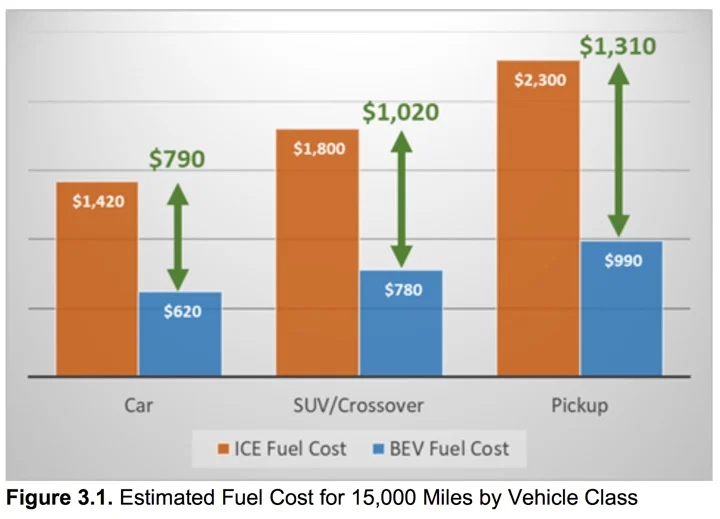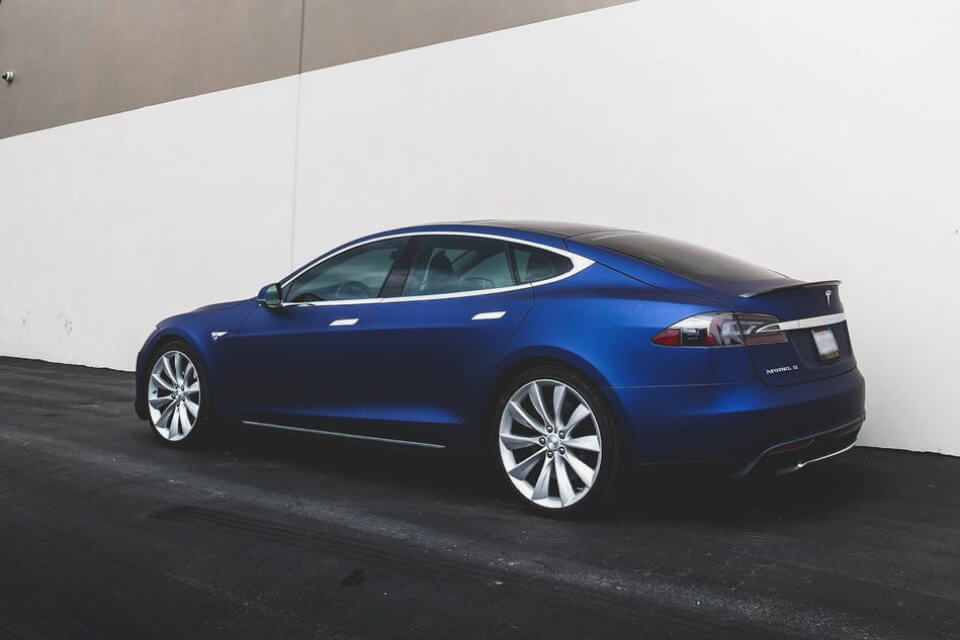Owning an electric vehicle (EV) can be an attractive option for many people due to its environmental benefits and potential cost savings. Breaking down the cost of owning an electric vehicle involves analyzing various factors such as purchase price, charging costs, maintenance expenses, and potential incentives. By understanding these costs, consumers can make informed decisions about whether switching to an electric vehicle is a financially feasible option for them.
One of the key factors to consider when breaking down the cost of owning an electric vehicle is the initial purchase price. While EVs tend to have higher upfront costs than traditional vehicles, they often qualify for federal and state incentives, which can significantly offset the purchase price. Additionally, many EV manufacturers offer competitive leasing options, making it more accessible for consumers to own an electric vehicle. Charging costs also play a significant role in the overall cost of owning an EV, as the price of electricity varies by location and charging method. It’s important to consider these factors when evaluating the long-term cost of owning an electric vehicle.
The Initial Cost of Purchasing an Electric Vehicle
When considering the cost of owning an electric vehicle, it’s important to take into account the initial purchase price. While electric vehicles may have a higher upfront cost compared to traditional gasoline-powered cars, there are often government incentives and tax credits available to help offset the price. Additionally, the cost of electric vehicles has been decreasing as technology advances and economies of scale come into play, making them more accessible to a wider range of consumers.
It’s also worth noting that electric vehicles generally have lower maintenance and operating costs compared to traditional vehicles, which can help offset the initial purchase price over time. With fewer moving parts and no need for oil changes, electric vehicles can offer long-term savings that should be factored into the overall cost of ownership.
The Cost of Charging an Electric Vehicle
Another factor to consider when calculating the cost of owning an electric vehicle is the cost of charging. Charging an electric vehicle at home is typically more affordable than fueling a gasoline-powered car, especially if you take advantage of off-peak electricity rates. Additionally, many workplaces, public parking facilities, and retail locations offer electric vehicle charging stations, some of which may be free to use or offered at a discounted rate for customers.
In some cases, electric vehicle owners may also have access to public fast-charging stations, which can quickly recharge a vehicle’s battery to 80% capacity in a short amount of time. While these stations may come with a cost, they can be convenient for long-distance travel or times when charging at home or work is not an option.
The Cost of Maintenance for an Electric Vehicle
Electric vehicles generally have lower maintenance costs compared to traditional vehicles, as they have fewer moving parts and don’t require regular oil changes. This can result in savings over the lifetime of the vehicle, as owners may spend less on routine maintenance and repairs. Additionally, electric vehicles often come with warranties that cover specific components, providing peace of mind and potential cost savings in the event of a malfunction.
While electric vehicles may still require maintenance such as tire rotations, brake inspections, and battery system checks, the overall cost is typically lower than that of a traditional vehicle. This can contribute to the overall affordability of owning an electric vehicle and should be considered when evaluating the long-term cost of ownership.
The Cost of Battery Replacement for an Electric Vehicle
One potential cost to consider when owning an electric vehicle is the eventual need for battery replacement. Over time, the performance of an electric vehicle’s battery may degrade, resulting in reduced driving range and overall efficiency. While advancements in battery technology have extended the lifespan of electric vehicle batteries, it’s important for owners to factor in the potential cost of battery replacement during the ownership period.
However, it’s worth noting that many electric vehicle manufacturers offer warranties on their batteries, providing coverage for a certain number of years or miles. Additionally, the cost of battery replacement has been decreasing as technology improves and economies of scale come into play, making it more affordable for electric vehicle owners to replace their batteries when the time comes.
The Cost of Insurance for an Electric Vehicle
When calculating the cost of owning an electric vehicle, it’s important to consider the cost of insurance. While insurance rates can vary based on a variety of factors, including the driver’s history, location, and the specific vehicle being insured, electric vehicles may be eligible for certain discounts or incentives that can help lower insurance premiums.
Some insurance companies offer discounts for electric vehicles due to their typically lower risk of accidents and lower maintenance costs. Additionally, some government agencies and organizations offer incentives or rebates for electric vehicle owners, helping to offset the cost of insurance and make owning an electric vehicle more affordable.
The Cost of Depreciation for an Electric Vehicle
Like traditional vehicles, electric vehicles also experience depreciation over time, which can impact their overall cost of ownership. However, factors such as the vehicle’s make and model, battery condition, and market demand for electric vehicles can influence the rate of depreciation. It’s important for potential electric vehicle owners to research and consider the expected depreciation of specific models when evaluating the long-term cost of ownership.
While electric vehicles may experience depreciation similar to traditional vehicles, some studies have shown that electric vehicles can retain their value well, particularly as demand for sustainable transportation options continues to grow. This can result in a more favorable resale value and potentially lower the overall cost of ownership for electric vehicle owners.
The Cost of Taxes and Fees for an Electric Vehicle
When purchasing and owning an electric vehicle, it’s important to consider the cost of taxes and fees. Some states and localities offer incentives, tax credits, or rebates for electric vehicle owners, helping to offset the initial purchase price and reduce the overall cost of ownership. These incentives can vary widely, so it’s important for potential electric vehicle owners to research the specific incentives available in their area.
On the other hand, some states may impose additional fees on electric vehicle owners to compensate for the loss of gas tax revenue, which is used to fund road maintenance and infrastructure. These fees can impact the overall cost of owning an electric vehicle and should be taken into account when evaluating the financial implications of making the switch to electric transportation.
The Cost of Environmental Benefits of Owning an Electric Vehicle
Beyond the financial considerations, it’s important to recognize the environmental benefits of owning an electric vehicle. By choosing an electric vehicle, owners can reduce their carbon footprint, decrease air pollution, and contribute to a more sustainable transportation system. While the environmental benefits may not have a direct financial impact, they are an important factor to consider when evaluating the overall cost of owning an electric vehicle.
Additionally, some regions offer additional incentives or benefits for electric vehicle owners, such as access to carpool lanes, reduced tolls, or free parking. These perks can provide added value and contribute to the overall affordability and appeal of owning an electric vehicle.
| Cost Category | Cost Description |
|---|---|
| Purchase Price | The initial cost of buying the electric vehicle |
| Charging Infrastructure | The cost of installing a home charging station or using public charging stations |
| Electricity Costs | The cost of charging the vehicle at home or using public charging stations |
| Maintenance and Repairs | The cost of regular maintenance and any repairs needed for the electric vehicle |
| Government Incentives | Potential rebates or tax incentives for purchasing an electric vehicle |
| Resale Value | The potential value of the electric vehicle when reselling it in the future |
Owning an electric vehicle involves various costs including the initial purchase price, charging infrastructure, electricity costs, maintenance and repairs. However, there are also potential government incentives and a higher resale value to consider, making the overall cost of ownership competitive with traditional vehicles in the long run.



